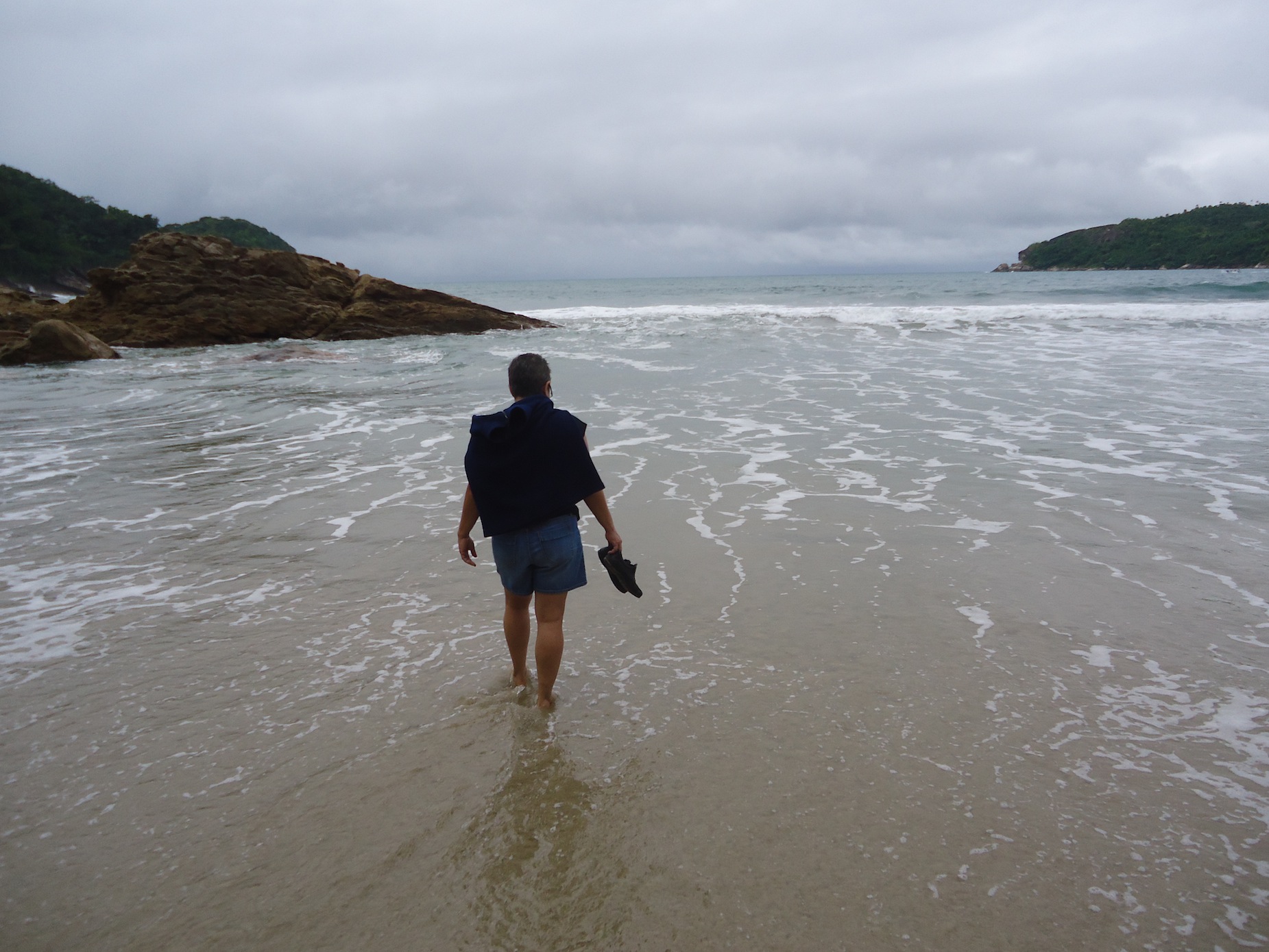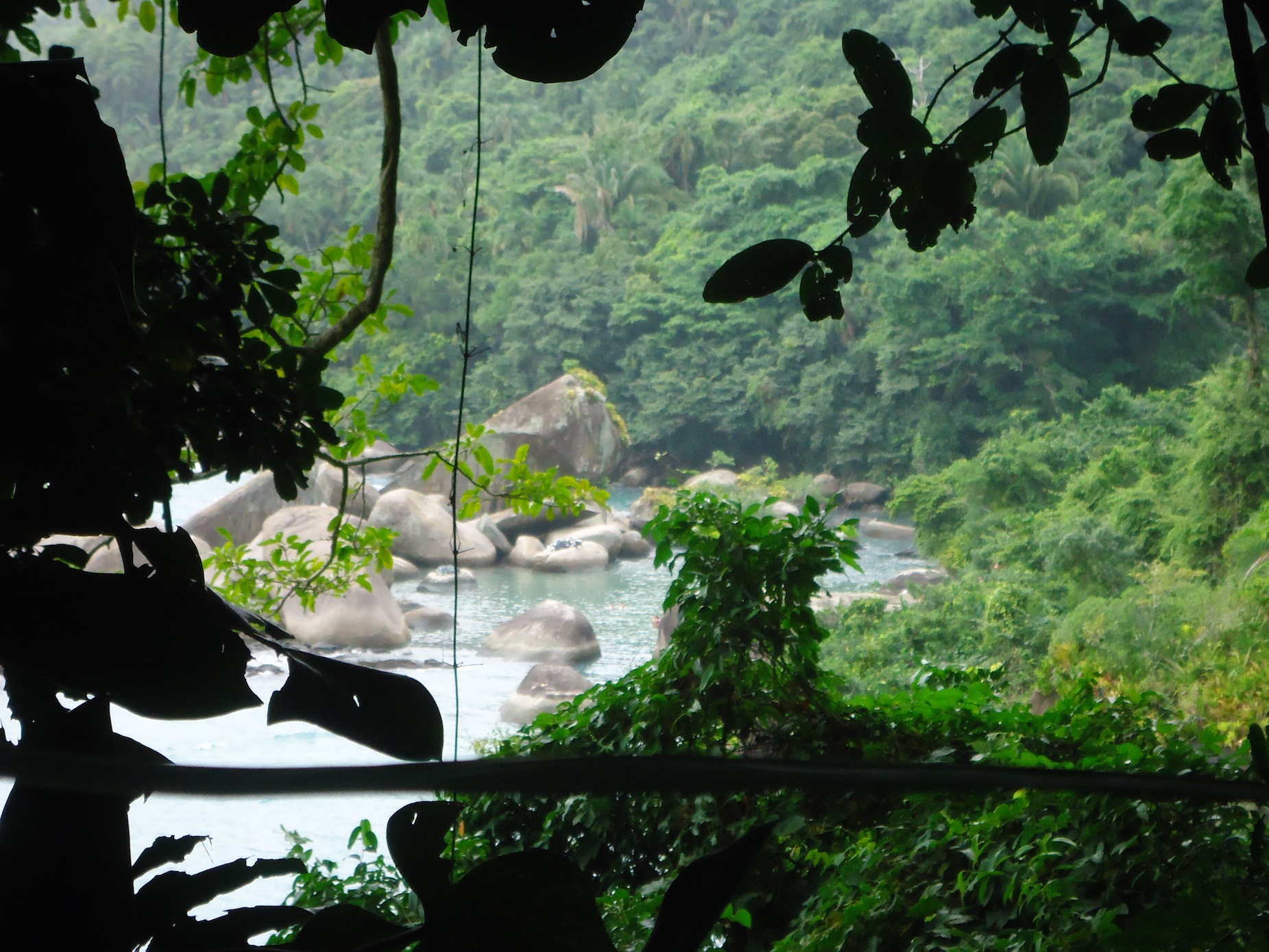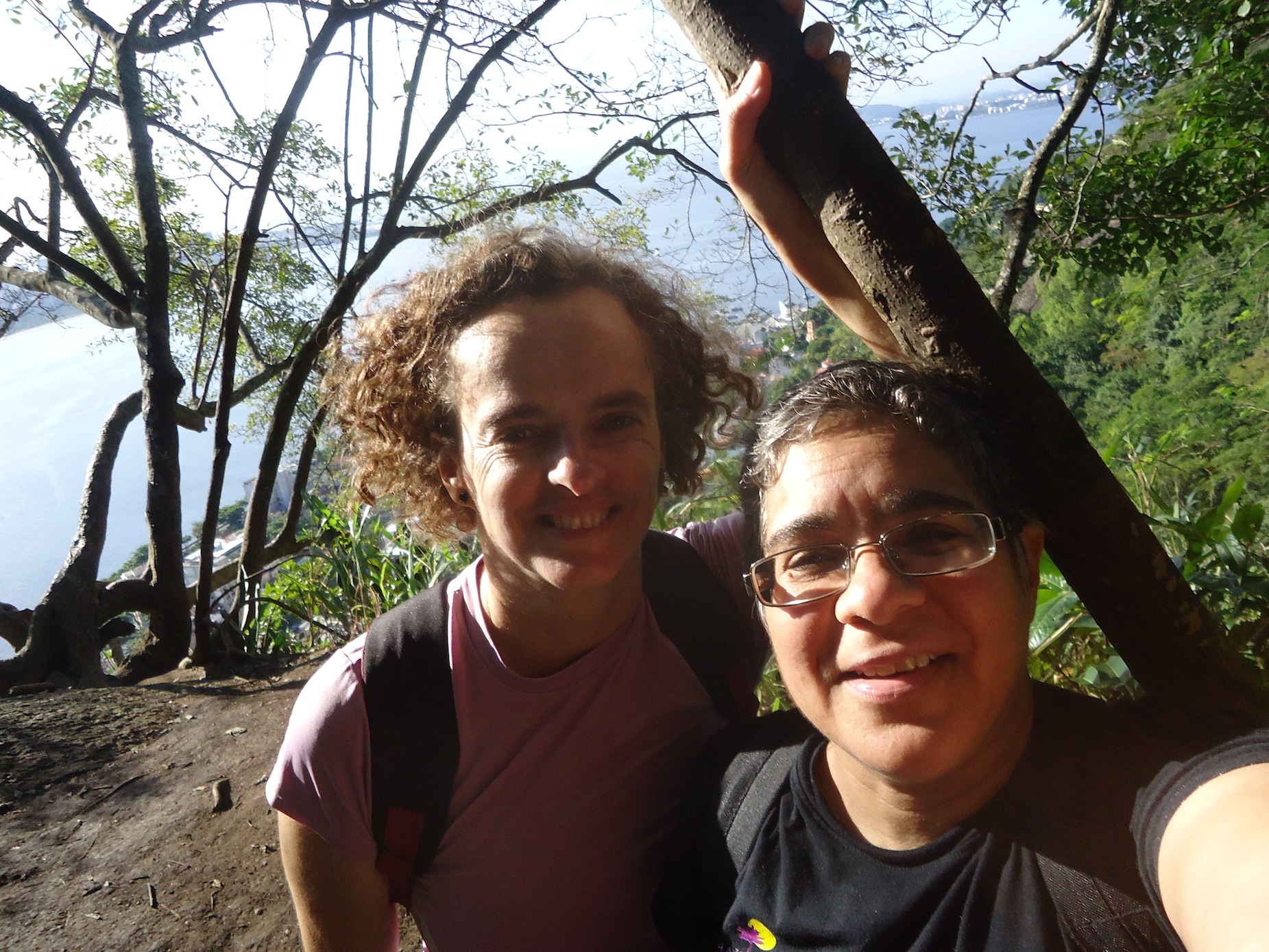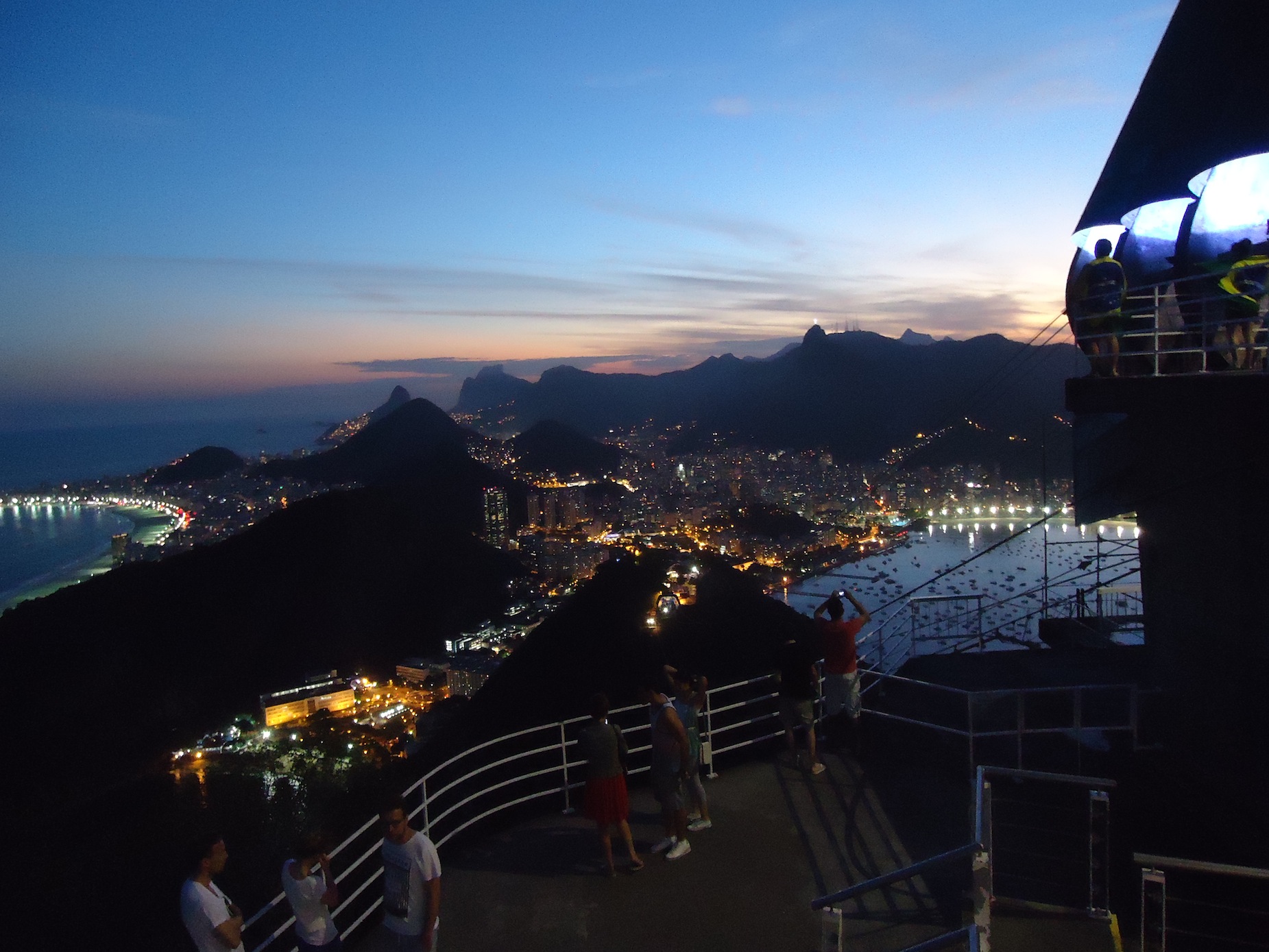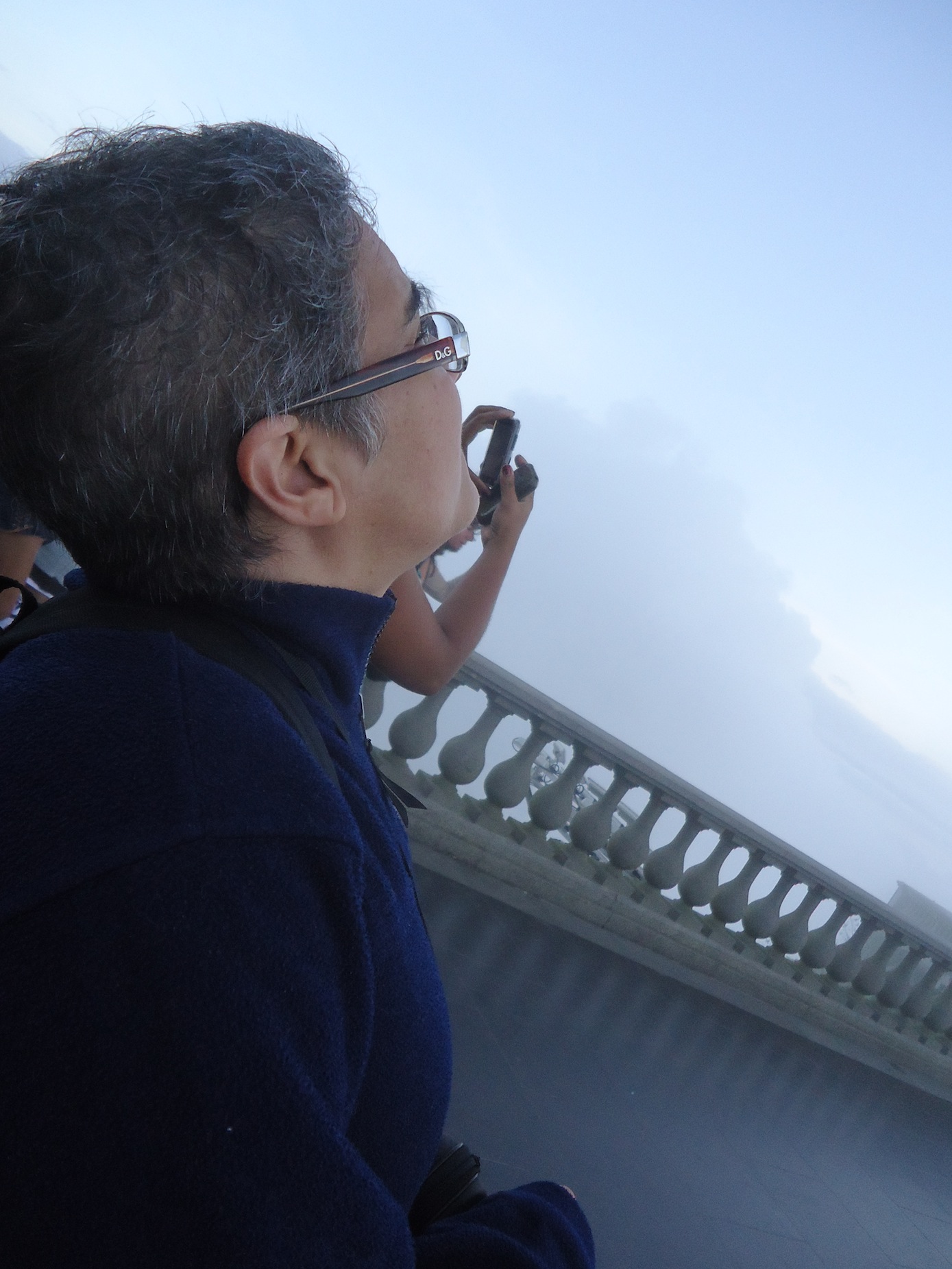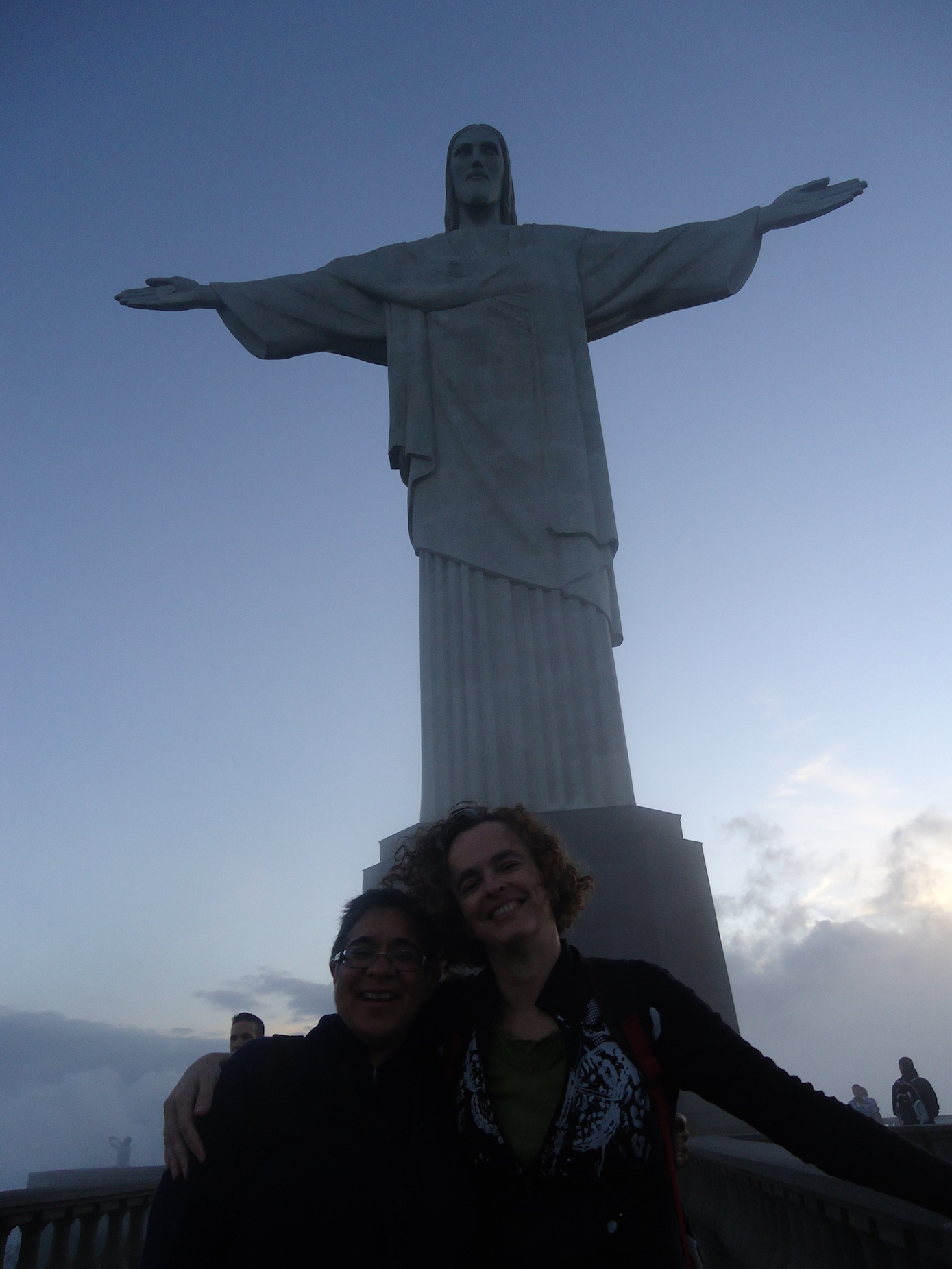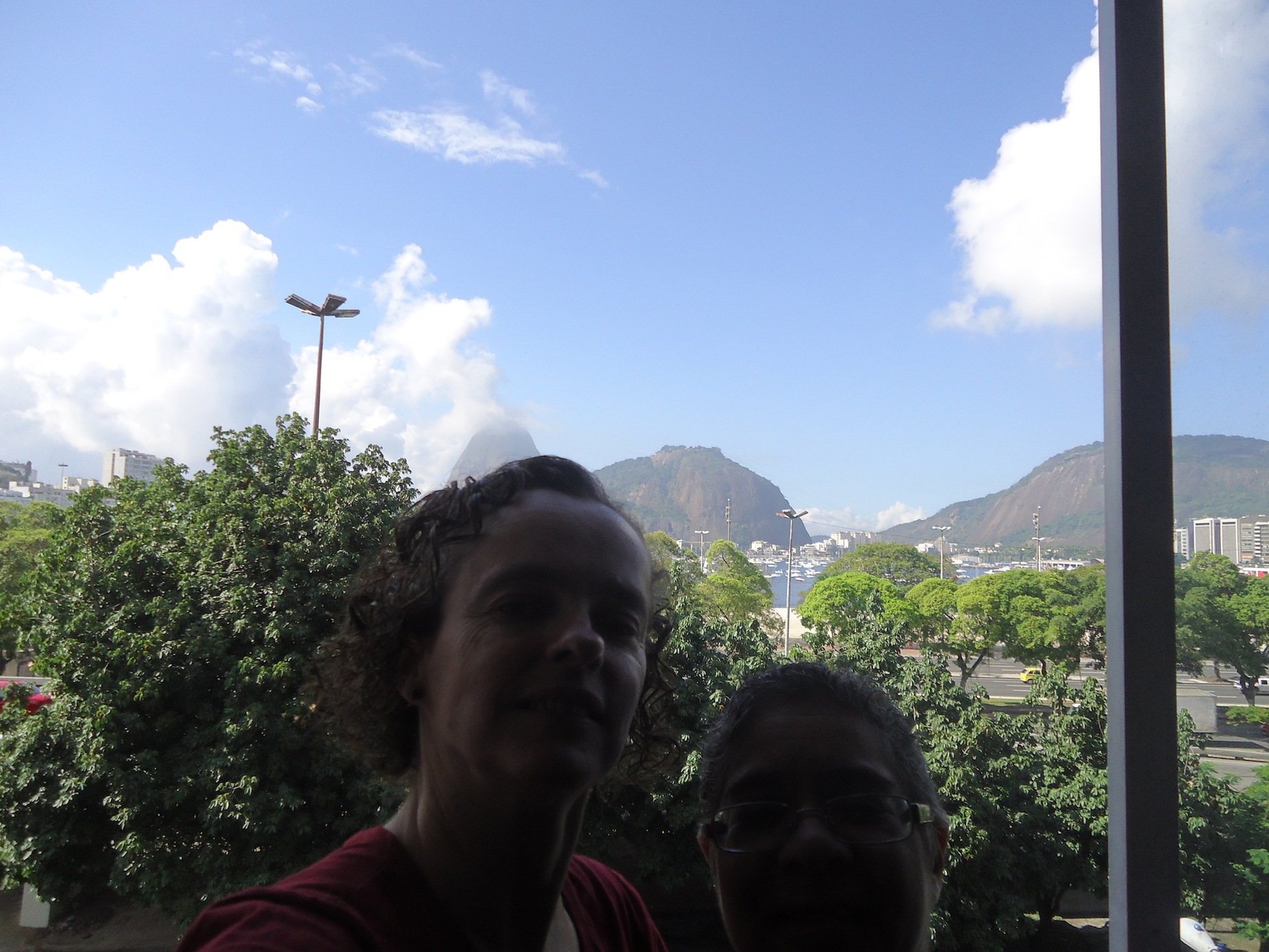Visiting Brazil
For the past two and a half weeks I have been travelling. To be precise: I accepted the invitation of my roommate from Lester B. Pearson College to celebrate our fiftieth birthdays by FINALLY visiting her in Brazil. When I got there I wondered why I hadn't been sooner (simple: money, family obligations, money), and I knew I would like to go back. I'll just post a few photographs from the trip just to whet people's appetite. I'll be blogging about the trip in more detail over the next few weeks, as I learned a lot from the trip (as well as enjoying myself, I gook the opportunity to try and find out why Brazil is the B-letter in the up-and-coming BRIC countries (the next superpowers: Brazil, Russia (not wholly convinced), India, China). The centre of the world is shifting from Europe and North America and I wanted to have some idea why. Brazil's the closest upcoming superpower to us, and I'm convinced we in the Caribbean could—and should— be learning from our South American neighbours and learning not to always look north for inspiration and models of development. But more on that later. For now, some photographs.
